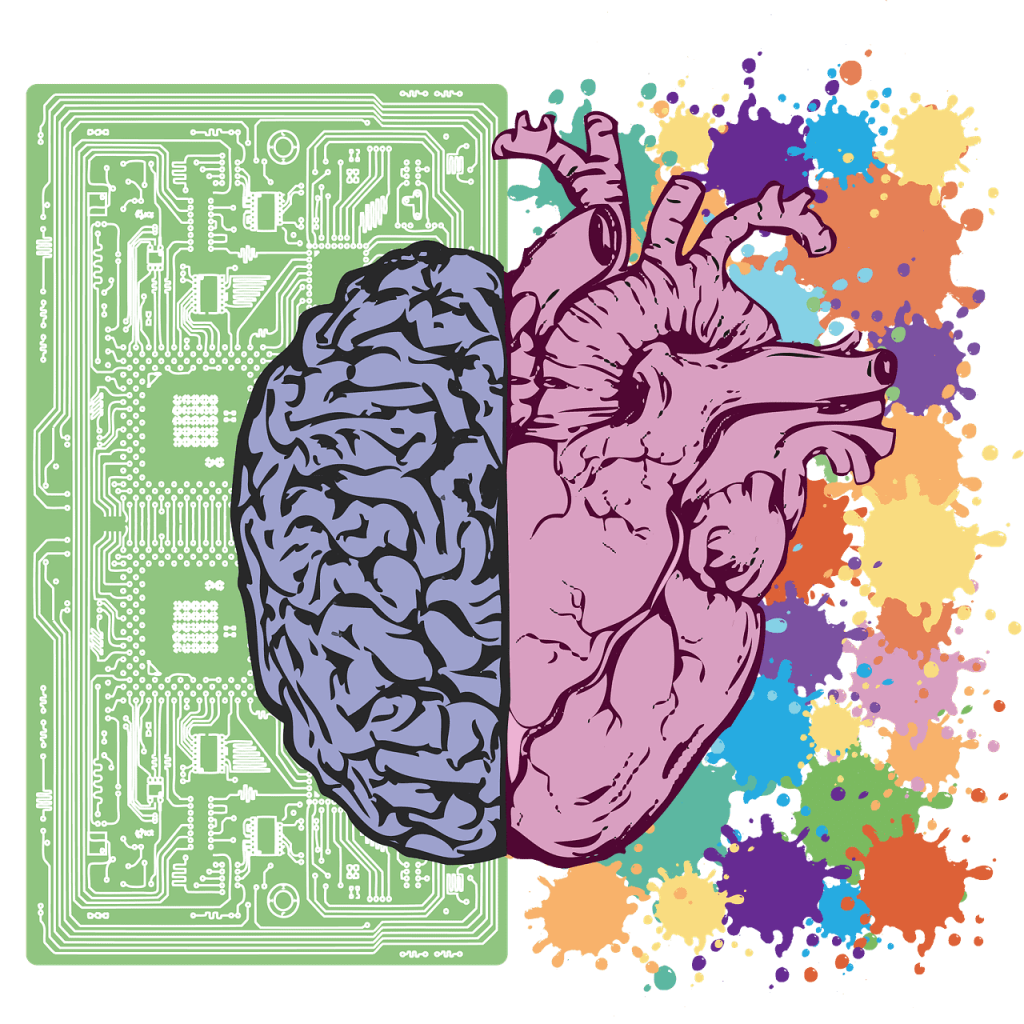To maintain good health, prioritize self-care over work and pay attention to your own well-being and emotions. Dedicate time to cherished relationships and savor guilt-free breaks. Keep in mind that when facing mortality, people often regret not spending more time with loved ones rather than working late into the night. Focus on nurturing connections with family and friends.

With the advancement of technology, the separation between personal and professional life has blurred. Being constantly accessible has increased the feeling of constant accountability. For our health, we need to give ourselves a break from work. There are many ways to take that break, like go on vacation, take a day off and unplug, block some time of your day for focused work, take mini breaks throughout your day, and set up an after-work ritual.
Having leisure time alone doesn’t guarantee happiness; it’s the leisure time spent engaging with people—friends, family—that brings us joy. Thus, it’s crucial to nurture relationships beyond our professional sphere. Prioritize activities like being a supportive neighbor, participating in community initiatives, engaging in religious practices, socializing with friends, and carving out personal time. These pursuits contribute to our happiness more than simply having a fulfilling job. Furthermore, when we’re happy, our performance at work improves as well.
No one is irreplaceable, so we should avoid thinking we’re more important than we are at work and pay attention to the people around us instead.
With the advancement of technology, the line between personal and professional life has blurred, making us feel constantly accountable. To maintain our health, it’s important to take breaks from work. We can do this by going on vacation, taking a day off, scheduling focused work time, taking mini breaks, or establishing an after-work ritual.
Just having free time isn’t enough for happiness; it’s spending that time with loved ones that brings joy. So, it’s essential to nurture relationships beyond work, like being a good neighbor, participating in community activities, socializing with friends, and making time for personal activities. These not only contribute to happiness but also improve work performance.
Remember, nobody is indispensable, so we should avoid overestimating our importance at work and focus on those around us.
For our well-being, it’s important to strive for contentment rather than chasing happiness, as it’s a more stable state. Here are some tips for feeling better:
- Accept your emotions without judgment.
- Share your feelings with a trusted few without just venting.
- Clarify priorities and focus on what’s important.
- Try to see the situation from a different perspective, like advising a friend.
- Let go of things beyond your control and take action where you can.
Acknowledging and managing emotions in the workplace is crucial for maintaining both mental and physical health. When emotions are ignored or suppressed, they can lead to increased stress, burnout, and even physical health issues such as headaches, digestive problems, and weakened immune function.












2 thoughts on “Emotions at Work and Health”
Comments are closed.